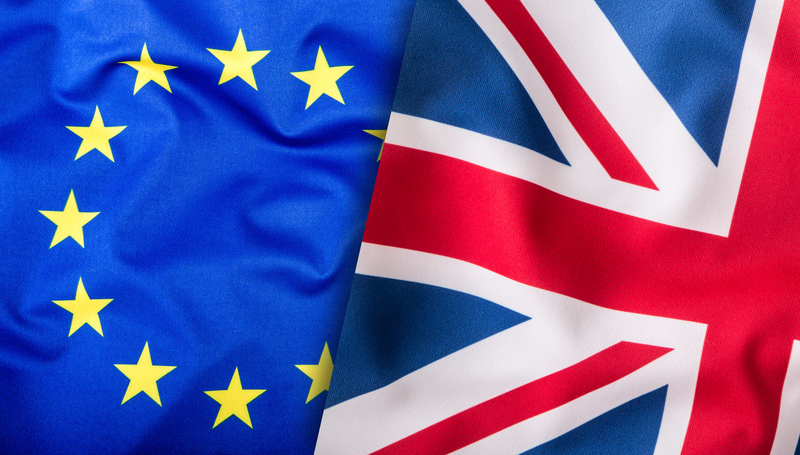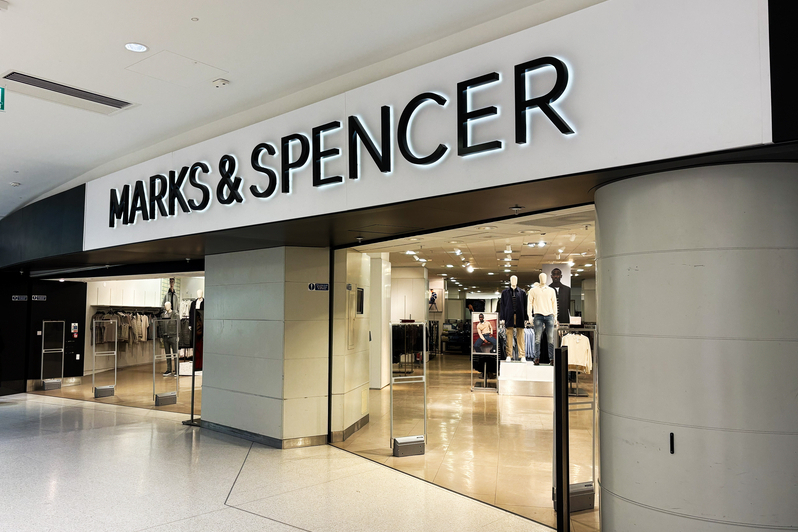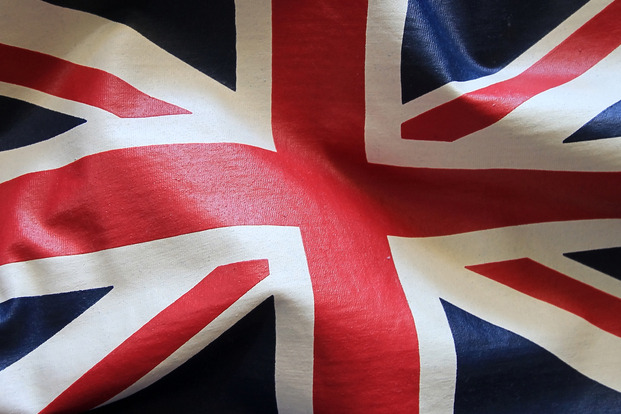At The Retail Champion, we believe that now is the time to put the spotlight back on British-made and European-sourced goods.
Why the USA Tariffs Matter to UK Retailers
The US government's move to implement new import tariffs affects a variety of goods, from food and drink to electronics and fashion. These tariffs increase the cost of goods imported from the UK into the US, making British products less competitive in the American market. In return, some British retailers and consumers are asking: Should we be buying American goods when they are making it harder for us to export ours?
While there’s no official boycott, the debate around "Buying British" versus supporting US multinationals is growing.
It’s also worth noting that these tariffs don’t just impact the UK they also affect many European countries that are key trading partners for British retailers. Countries such as Germany, France, and Italy produce high-quality goods in fashion, food, technology, and homeware. Supporting these European suppliers can help maintain strong trade alliances and minimise reliance on the increasingly protectionist US market.
The Case for Buying British
1. Supporting the Local Economy
Every pound spent on British-made goods helps create jobs, sustain local businesses, and keep money circulating within our communities. From Scottish whisky, British beef, Marmite to Cornish pottery and many more, choosing British isn’t just a feel-good gesture it’s an economically strategic move.
2. Reducing Supply Chain Risk
Global disruptions, from pandemics to geopolitical tensions have exposed the fragility of international supply chains. Sourcing locally or from within Europe reduces exposure to such risks, offering better continuity and control.
3. Sustainability and Carbon Footprint
British-made goods typically travel fewer miles to reach store shelves. That means a lower carbon footprint, which matters to eco-conscious consumers. Retailers with sustainability goals can boost their green credentials by favouring domestic products.
4. Consumer Demand for Provenance
Consumers increasingly want to know where their products come from. "Made in Britain" still carries a premium appeal, particularly in sectors like fashion, homeware, and food. Transparency and traceability help retailers build trust and loyalty.
That said, recent viral TikTok content from Chinese factories exposing how major brands source their goods have highlighted just how misleading a “Made in” label can be. Some factories boldly claim that their products are the same as big-name brands just without the label. It’s a reminder that the label alone doesn’t guarantee authenticity, quality, or ethical manufacturing.
Even in the UK and EU, it's not illegal to outsource the majority of a product’s manufacturing overseas and perform only the final stage, such as packaging or finishing locally. That final process can be enough to qualify for a “Made in Britain” label.
This isn’t about deception it’s about recognising that origin labelling doesn’t always tell the full story. Still, the key benefit of sourcing from within the UK or EU is that profits and employment stay closer to home, helping strengthen local economies, even when the manufacturing process is complex.
Retailers and consumers can also look out for certification marks like the Red Tractor label on food. This trusted standard guarantees that all food and drink carrying the Red Tractor logo can be traced right back through the supply chain to the British farms where it was produced. It’s a powerful way to support British agriculture while giving customers confidence in the integrity, traceability, and quality of their food.

Why Not Buying American is a Growing Debate
The conversation around not buying American isn’t about animosity it’s about equity and independence. The US tariffs have made it clear that global trade is not always fair or reciprocal. Retailers are reassessing their supplier mix not out of spite, but from a desire for resilience, fairness, and strategic alignment.
Additionally, some American corporations wield enormous influence over the UK market sometimes to the detriment of local competition. Think big tech, fast fashion, and food conglomerates.
Can We Avoid American Goods Altogether?
In short: not entirely. Some US products are deeply embedded in the infrastructure of modern business and daily life. Here are examples:
Hard to Avoid:
- Google – Dominates search, online advertising, and workspace tools.
- Apple – Ubiquitous in consumer tech, from iPhones to Macs.
- Meta (Facebook, Instagram, WhatsApp) – Essential for retail marketing and communication.
- Amazon – An entrenched part of UK eCommerce and logistics.
Easier to Switch:
- Fashion & Apparel – Replace US fast fashion brands with British or European labels.
- Food & Drink – Opt for British-made snacks, sauces, and spirits over US imports.
- Homeware – Support British manufacturers and designers over mass-produced US goods.
- Beauty & Skincare – Choose UK or EU-certified brands that meet local standards.
Tips for Retailers to Focus on British & European Sourcing
o Audit your supply chain and identify American-origin products that can be replaced.
o Partner with local British makers, manufacturers, and farmers.
o Highlight British-made products in-store and online—use signage, social proof, and storytelling.
o Educate your customers on why sourcing locally matters, from job creation to sustainability.
o Consider the EU for next-best alternatives where UK supply is not viable.
o Strengthen relationships with trusted European suppliers who may also be impacted by US tariffs. Supporting them supports trade resilience across the continent.
o Look for certification schemes like Red Tractor, which ensure British origin and standards in food and drink.
Conclusion
The introduction of US tariffs is a timely reminder of how interconnected and vulnerable global trade can be. But it’s also an opportunity. UK retailers have the chance to lean into British quality, support local economies, and reduce overreliance on global giants.
By making conscious sourcing decisions now, including building stronger trade relationships within Europe, retailers can create a more sustainable, resilient, and proudly British (and European) future.
Want help building a more localised and sustainable sourcing strategy? Get in touch with The Retail Champion today.
Related Posts

Retail | Retail Management | Retail Experts
Cyber Attacks and Consumer Confidence: What Happens When Trust is Shaken
In the digital age, few events send shockwaves through a business quite like a cyber attack. For retailers where customer trust, seamless transactions and brand reputation are everything the impact ca...

Is Blogging Still Worthwhile in 2025? Why the Answer is a Resounding Yes
In an age of video-first content and TikTok takeovers, it might be tempting to think blogging is past its prime. After all, YouTube is now the second largest search engine in the world (according to S...

Case Study | Retail Consultancy
Seeing ourselves through a new lens: How our brand strategy workshop changed everything
We often talk to our clients about the importance of strong branding. About showing up consistently, with purpose and clarity. But even experts need a fresh perspective now and then. That’s why we r...

